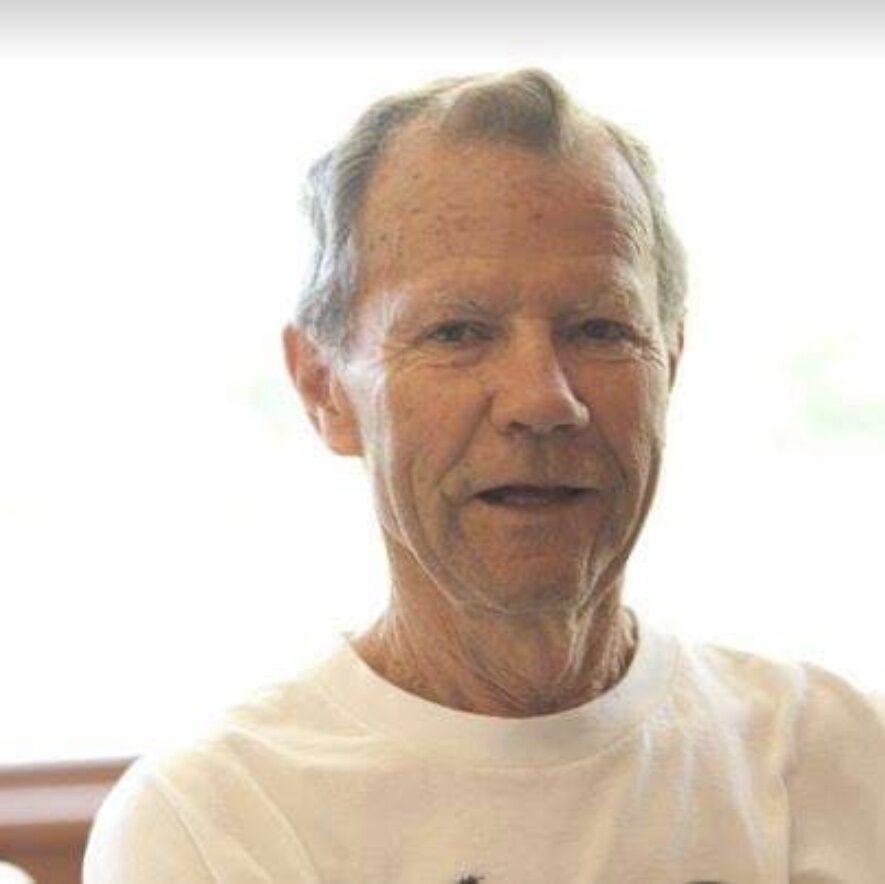“Where do you think you got it?”
Friends ask me that about the Covid-19 that felled me for much of this spring. The answer, unfortunately, is I have no idea. There are guesses. There were crowds at the gym, in church, stores and restaurants. But I don’t know anyone in those places who has been afflicted. We have been to Wuhan, the Chinese city where it all apparently started. But that was 21 years ago.
What this means is it’s hard to tell where the virus lurks and that’s why it’s so hard to stop the pandemic. But halting it is a good idea. Having gone through it, the experience isn’t worth repeating.
My first symptoms were in March. The dry cough that’s often mentioned as a sign of the disease was there. But it was spring when my mild allergies usually are a nuisance. And the first coughs weren’t much, just a little “excuse me” sort of hack. It didn’t seem unusual.
It was that cough’s growing intensity that led me to the family physician. He took a thorough look, including chest X-rays. They showed a slight pneumonia infection. And he asked about other symptoms. Was my sense of taste or smell affected? No. What about shortness of breath? Only a bit if I went up and down stairs a few times. Still, he ordered a swab to check for the virus and prescribed antibiotics for the pneumonia, and I went home.
The swab came back. It was negative. Since my age put me in the most vulnerable group where about one of every five Covid victims die, that was a relief.
Unfortunately, my body didn’t believe it. Over a few days the cough worsened, to a point I couldn’t imagine. It was a racking, body-shaking cough more like a spasm or seizure that lasted half an hour or so. I was gasping to breathe. Every blood vessel in my head felt as if it was bursting. It left me exhausted, ribs feeling as if they’d been broken and the muscles in my chest so sore it hurt to breathe.
To go with that, I had all the energy of a hub cap — sleeping untold hours — and a remarkable inability to concentrate. Reading is a lifelong habit, but even that was too much.
And for the first time, I had a fever, not great but around 100-101 degrees. It came with chills and aches that felt like broken bones. All that sent me back to the doctor. He ordered a new test. This one was positive.
That’s not news anyone wants. However, at least we knew what was wrong and could do something about it. My first stop toward notoriety was taken. The Sedgwick County Health Department was notified and called me. The very young voice on the phone asked a few questions and told me I was in quarantine until 72 hours after my last symptom. (No one explained how I’d know which symptom was last.)
The quarantine notice wasn’t bad. I’d already moved into a separate bedroom and bathroom to spare my wife. It was possible to go into the back yard away from everyone for some sunshine and fresh air. Toward the end I could stroll a mile without seeing anyone in the yard. But it took 15 laps to go a mile. I soon knew every blade of grass by name.
The doctor was unusually attentive, calling or seeing me daily for about 10 days. He prescribed what turned out to be a disputed and politicized drug, hydroxychloroquine. Did it work? He said it would have been his choice if he was treating himself. The fact is, my symptoms started to subside after starting the treatment. In particular, the dreaded cough went away. Because of the drug or in spite of it, I got better.
About five weeks after my first hacking cough, another sample was taken and examined by a lab.
It was negative. Hallelujah!
My encounter is a good reminder of how important it is to observe social distancing, wear masks and gloves in public and be sure to disinfect where the virus might lurk — door knobs, steering wheels and other places people touch. It also produces strong feelings about shoppers or employees who don’t wear masks. If the virus had flashing lights and a siren it would be okay to ignore the problem. But that’s not the case. Whoever called it an invisible enemy was right.
There was a bright side to all this. As word of my illness spread, dozens of people from many parts of my past got in touch with calls, cards and emails. One neighbor even offered to cut our grass. That was more than encouraging. It breathed light into a dim period.
Almost all said I was the only person they knew who had been afflicted. Hopefully that remains the case.
I still feel the after effects. My stamina’s shot. A bit of exercise tires me. But otherwise just one problem remains — a hair cut. I look a bit like a ripe dandelion wearing a mask. Either I’m soon shorn or I get the name of Willie Nelson’s hair dresser.
Bob Rives, the author of “Baseball in Wichita,” wrote this shortly before barbershops reopened. He can reached at bprives@gmail.com.








